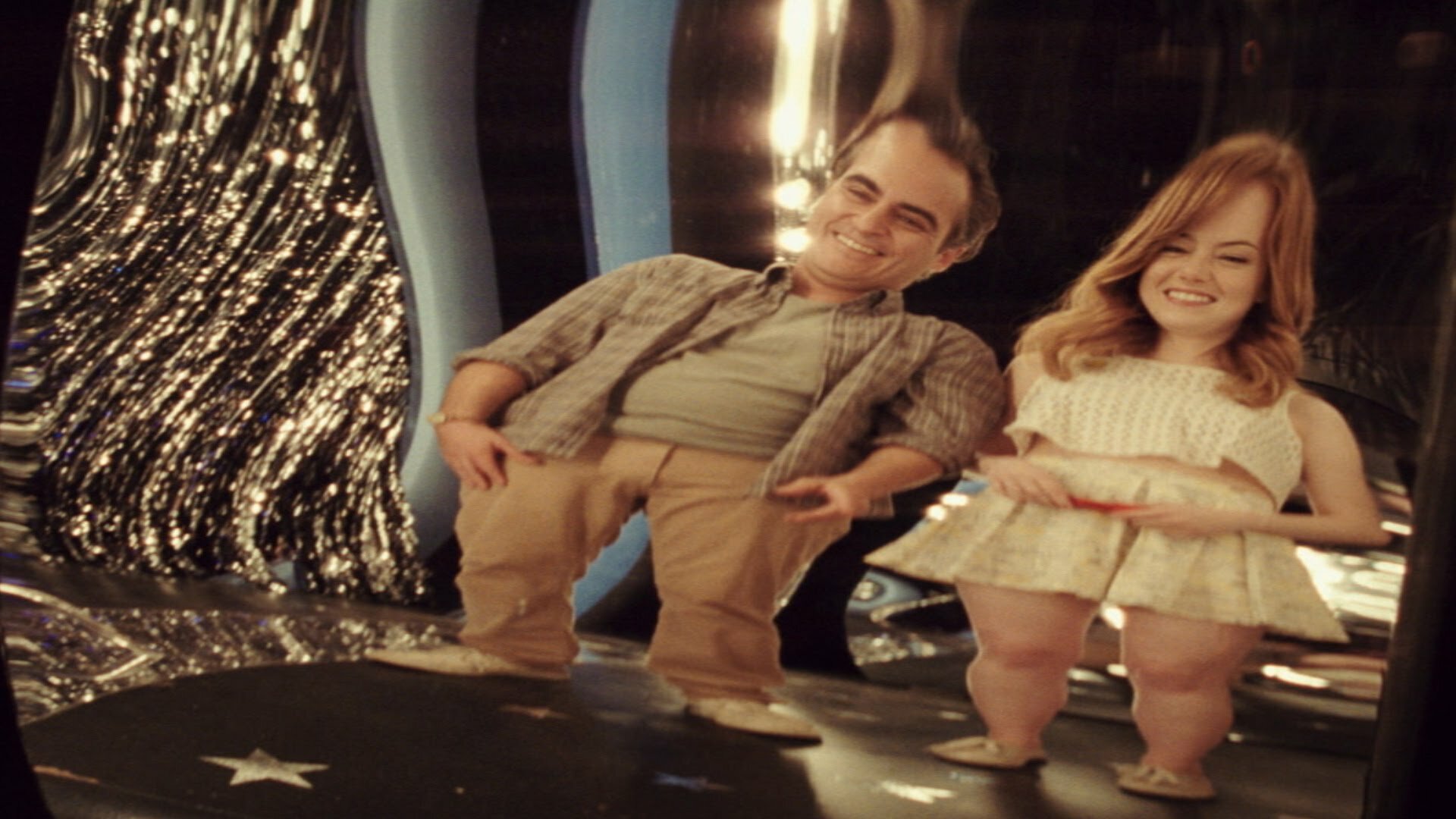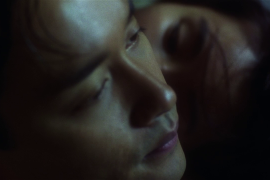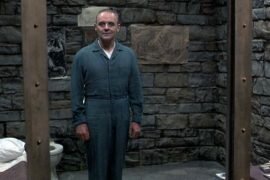From the darkly lyrical ennui of Fleurs du Mal or the moral deterioration of Dorian Gray to the existential overtones of Waiting for Godot—the despair and decadence-infused figures of the suicidal poet, the corrupted innocent, and the impotent intellectual have enjoyed perpetual cyclical resurgence in literature. Baudelaire paints grotesque images of disillusioned, romantic boredom, Oscar Wilde studies the decadence of beautiful surfaces, and Samuel Beckett favours interchangeable pseudo-philosophical figures on nondescript country roads with a single tree and just enough rope to hang themselves.
Woody Allen’s Irrational Man (2015) plays on similar themes of boredom, decadence, and meaninglessness. His genre, however, is social satire, and his method is reminiscent of the dialogue-centric plays of George Bernard Shaw. This is then accentuated by a deadpan delivery that could be placed within the schema of the Theater of the Absurd.

From the first production of Waiting For Godot in 1953. (The Telegraph)
Some Allen films offer strong visuals and lyrical moments created by montage and jazz, such as the openings of Manhattan or Midnight in Paris. Others are more text-centric and intertextual, offering persistent scenes of satire or parody—The Seventh Seal parody in Love and Death or the Marshall McLuhan scene in Annie Hall. Because of its relentless satire and philosophical caricature, Irrational Man is one of the latter.
Cast as a frumpy philosophy professor, Joaquin Phoenix portrays the chronically bored Abe Lucas, whose most significant bits of wisdom are that Kant’s moral utopia is illusory in the face of the inherently gritty messiness of human life and that philosophy is, in fact, “bullshit” or “verbal masturbation.” With this character, Woody Allen returns to one of his favorite leitmotivs: the great existential hoax inherent in continental philosophy’s recurring demand of ‘What about ME?’ as viewed through the eyes of a self-involved, emotional child.

Abe’s solipsistic boredom, history of inappropriate sexual relationships with students, physical slovenliness, and ultimate amorality are generally ignored by the administration, the faculty, and the students, who seem more entranced with his notoriety and celebrity than concerned with his teaching or his character. So the president of the university doesn’t flinch when Abe shows up drunk in her office. So his colleagues are content to shrug off his constant drinking on campus and other inappropriate behavior. This overt and covert decadence are nicely accented by the fact that Abe is in the process of writing “yet another book” about Heidegger and fascism.

With this throwaway line, Allen references the current controversy on Martin Heidegger’s association with fascism and the demand by some academics to reinterpret – if not boycott – seminal philosophical work on the basis of Heidegger’s personal life. The public’s dubious conflation of artists’ or thinkers’ personal lives with the artistic or intellectual value of their work is one of the many small targets of Allen’s satire that, once combined, paint a bleak picture of the zeitgeist.
The appeal of scandalous notions breeds celebrity, but once the public is confronted with an act corresponding to the socially extreme ideas they love to worship, they are suddenly appalled. As one who has been subject of public controversy, Allen has had a good chance to observe the public sphere’s lack of machinery for logical reasoning, serious reflection, or differentiation between evidence, hype, and hearsay.
Interestingly, some reviewers have critiqued the lack of tension in the murder plot and the flat lifelessness of the characters in Irrational Man. While one may not like the offbeat absurdism in the film, it’s hard to understand surprise at what must be construed as Allen’s blatantly intentional lack of dramatic tension in response to a world that has morally and emotionally flatlined. After all, Allen knows how to create sympathetic characters: Gil, the protagonist of Midnight in Paris, is inherently good. Fiancé Inez is superficial and generally without. Annie Hall may be ditzy, but she’s lively and sincere. Manhattan’s Tracy may be naive in many respects, but she is emotionally wise. And those films are also accompanied by atmospheric images, montages and music.

Irrational Man presents us with figures either too unappealing to like or too self-involved to care about. Jill is naive and so blinded by Abe’s romanticized celebrity that she overlooks behavior and statements that anyone with her alleged intelligence should be able to see. Abe’s capacity for reflection doesn’t get much beyond adolescent disappointment: “I couldn’t remember the reason for living and when I did, it wasn’t convincing.” The characters are flat because the film is darkly satirical. The tension is missing because the world portrayed is haunted by the intellectual, moral, and emotional undead.
Irrational Man satirizes both the impotent, decadent intellectual who is consciously misguiding youthful innocence and the equally decadent practitioners of conspicuous consumption and celebrity worship, whose concerns with morality are relative at best.




